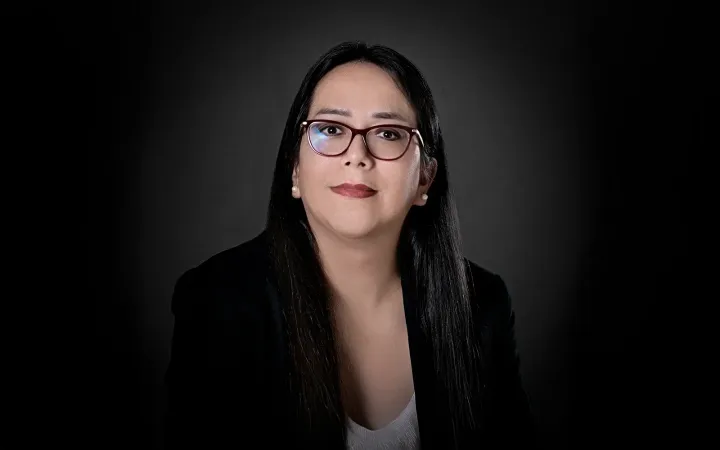By Lourdes Encinas
Claudia Sheinbaum 's arrival to the presidency of Mexico is not limited to a change of administration, it represents a complex scenario of internal tensions, fragile balances and challenges that will test her ability to govern under the constant shadow of Andrés Manuel López Obrador.
On the surface, the president faces a calm panorama: control of the legislative chambers, aligned governors, a disarticulated and weakened opposition that, at least during the first half of her six-year term, does not seem to represent a significant risk.
However, power is always under threat and when it does not come from outside, it arises from within. Mexican politics has historically demonstrated that the real danger does not always come from declared external adversaries, but from the fractures and ambitions entrenched in the core of power.
Sheinbaum was Morena's presidential candidate because López Obrador wanted her to be, not because she was elected in a truly open democratic process internally. This created an atmosphere of circumstantial discipline among the various leaders of the party, who, although temporarily contained, continue to push their own aspirations and personal projects.
The dispute between Adán Augusto López and Ricardo Monreal, with Gerardo Fernández Noroña acting as a strategic provocateur, is just one example of the internal challenges Sheinbaum will face. Not to mention that in the other corner is Marcelo Ebrard, who will have quite a leading role in the renegotiations of the Free Trade Agreement, and even Manuel Velasco, a little further down the road.
Every move, every alliance, every decision of the president will be observed microscopically by these actors who wait for -if not provoke- the slightest mistake of her government to position themselves.
Although Sheinbaum is now president of Mexico, the real leadership of the party is still under the control of López Obrador. Loyalty is and they respond more to the figure of the former president than to the new president, which represents for her a permanent challenge for the construction of her own authority.
The essence of her candidacy was explicitly the continuity of the Fourth Transformation, but she lacks total freedom to define her agenda. The president inherited a political project and will not build her own, which represents a significant limitation for any ruler.
2025 will be especially challenging as Sheinbaum will have to implement initiatives designed by her predecessor, such as the popular election of ministers, judges and magistrates, the disappearance of autonomous agencies and the expansion of the coverage of social programs.
Added to this are geopolitical pressures, especially in the migration context, and potential tensions with the United States, with Donald Trump 's second term beginning in January.
But Sheinbaum's biggest challenge will be to prevent internal conflicts in Morena from weakening her government and eroding López Obrador's support, if she loses that she loses everything. She must not only govern for the country, but also for a party that watches her, that measures her and that is ready to claim its space at the right time.
The president walks a fine line: she must demonstrate loyalty to the original project without sacrificing her political identity. She needs to demonstrate sufficient strength to contain the ambitions of internal groups seeking to position themselves, but avoiding irreparable fractures that could compromise the stability of her administration.
Political history has shown that no power is absolute or eternally stable. Cracks can appear at the most unexpected moment and the personal ambitions of the seemingly disciplined can emerge with force at any instant.

The opinions expressed are the responsibility of the authors and are absolutely independent of the position and editorial line of the company. Opinion 51.






Comments ()